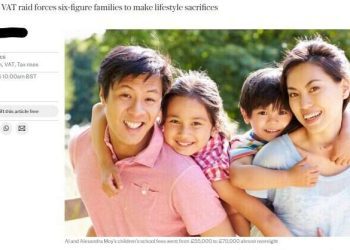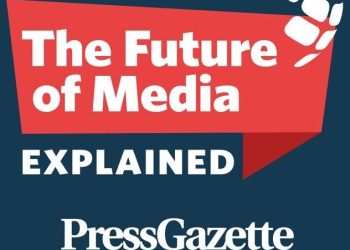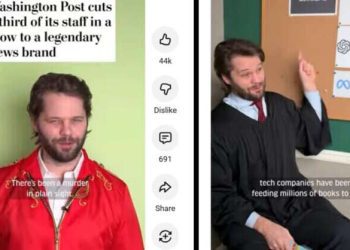There was “extensive” phone hacking by Mirror Group Newspapers from 2006 to 2011, “even to some extent” during the Leveson Inquiry into media standards, a High Court judge has ruled following a trial featuring Prince Harry.
The judge found that the Duke of Sussex’s phone was probably hacked “to a modest extent” by Mirror Group Newspapers from about the end of 2003 to April 2009 and awarded him £140,600 in damages.
Mr Justice Fancourt said part of the sum was intended to “compensate the Duke fully for the distress that he suffered as a result of the unlawful activity directed at him and those close to him.
“I recognise that Mirror Group was not responsible for all the unlawful activity that was directed at the Duke, and that a good deal of the oppressive behaviour of the Press towards the Duke over the years was not unlawful at all. Mirror Group therefore only played a small part in everything that the Duke suffered and the award of damages on this ground is therefore modest.”
The Duke of Sussex had claimed journalists at the Daily Mirror, Sunday Mirror and Sunday People publisher were linked to methods including phone hacking, so-called “blagging” or gaining information by deception, and use of private investigators for unlawful activities.
Mr Justice Fancourt found that 15 out of 33 articles brought as part of Harry’s case were the product of phone-hacking.
The judge said: “There was a tendency for the Duke in his evidence to assume that everything published was the product of voicemail interception because phone hacking was rife within Mirror Group at the time. But phone hacking was not the only journalistic tool at the time, and his claims in relation to the other 18 articles did not stand up to careful analysis.”
Judgment gives Mirror Group Newspapers ‘necessary clarity to move forward’
The judge added aggravated damages to Harry’s total sum “to reflect the particular hurt and sense of outrage that the Duke feels because two directors of Trinity Mirror plc, to whom the board had delegated day-to-day responsibility for such matters, knew about the illegal activity that was going at their newspapers and could and should have put a stop to it.
“Instead of doing so, they turned a blind eye to what was going on, and positively concealed it. Had the illegal conduct been stopped, the misuse of the Duke’s private information would have ended much sooner.”
An MGN spokesperson said: “We welcome today’s judgment that gives the business the necessary clarity to move forward from events that took place many years ago.
“Where historical wrongdoing took place, we apologise unreservedly, have taken full responsibility and paid appropriate compensation.”
Harry’s case was heard alongside similar claims by actor Michael Turner, who is known professionally as Michael Le Vell and best known for playing Kevin Webster in Coronation Street, actress Nikki Sanderson, and comedian Paul Whitehouse’s ex-wife Fiona Wightman. Their claims cover a period as early as 1991 until at least 2011.
Ex-CEO Sly Bailey ‘knew or turned a blind eye’ to hacking
The six-week trial took place between April and June. It heard former Trinity Mirror chief executive Sly Bailey tell the court she was “deeply regretful” and apologised about the activities that took place while she was chief executive, but that she had not believed there was enough evidence at the time to conduct an internal investigation.
In a witness statement, she said: “It has been alleged in these proceedings that senior executives of Trinity Mirror including myself knew or were aware of the widespread and habitual use of unlawful information-gathering activities from at least as early as 2002 and certainly by 2007.
“That allegation, so far as it relates to me, is untrue. I was not aware of such activities while I was chief executive.”
However the judge found that Bailey and group legal director Paul Vickers were the only two directors of Trinity Mirror and Mirror Group who knew about the phone-hacking going on at the newspapers before the end of 2011.
The judge said Vickers “certainly knew” about the hacking from about the end of 2003 “but quite possibly before then” while Bailey “knew or – what in law amounts to the same thing – turned a blind eye to it from about the end of 2006”.
“The likelihood of extensive illegal activity should have been investigated properly by Ms Bailey and Mr Vickers, at the latest in early 2007, but it never was,” the judge said.
“Instead, it was concealed from the board, from Parliament in 2007 and 2011, from the Leveson Inquiry, from shareholders, and from the public for years, and the extent of it was concealed from claimants in the Mirror Newspapers Hacking Litigation and even from the court at and before the trial in 2015.”
The post ‘Extensive’ phone-hacking at Mirror titles from 2006 to 2011, Prince Harry trial judge finds appeared first on Press Gazette.































